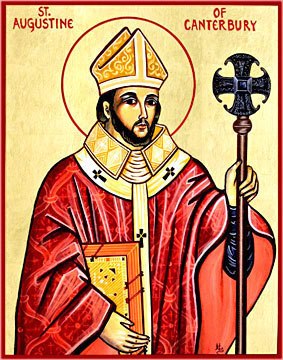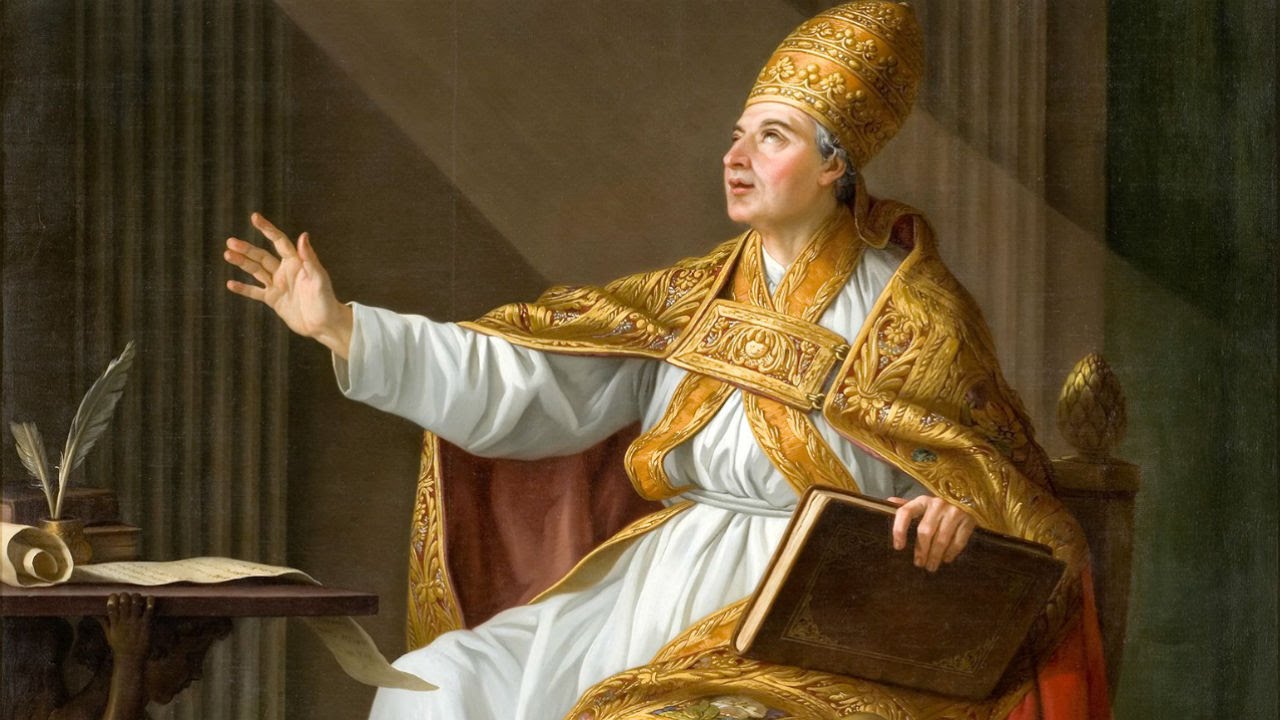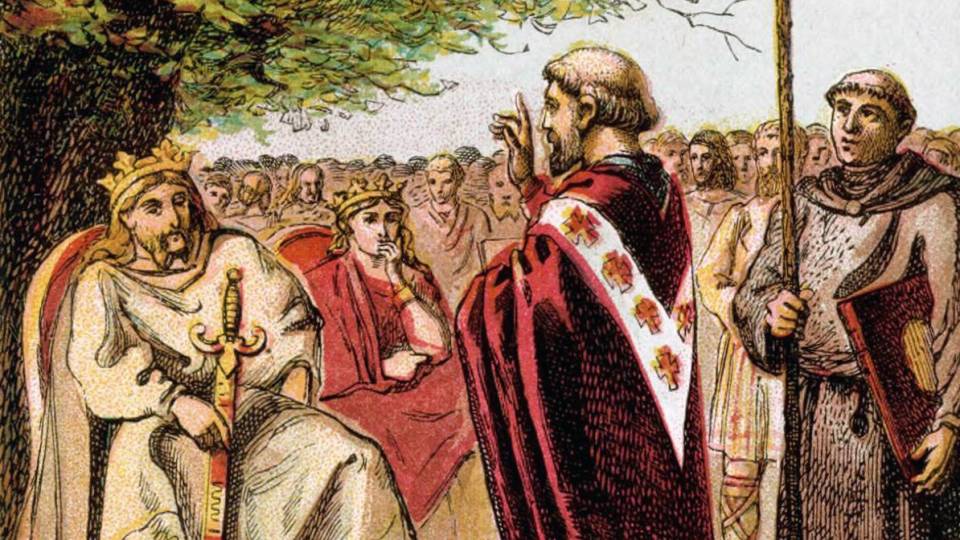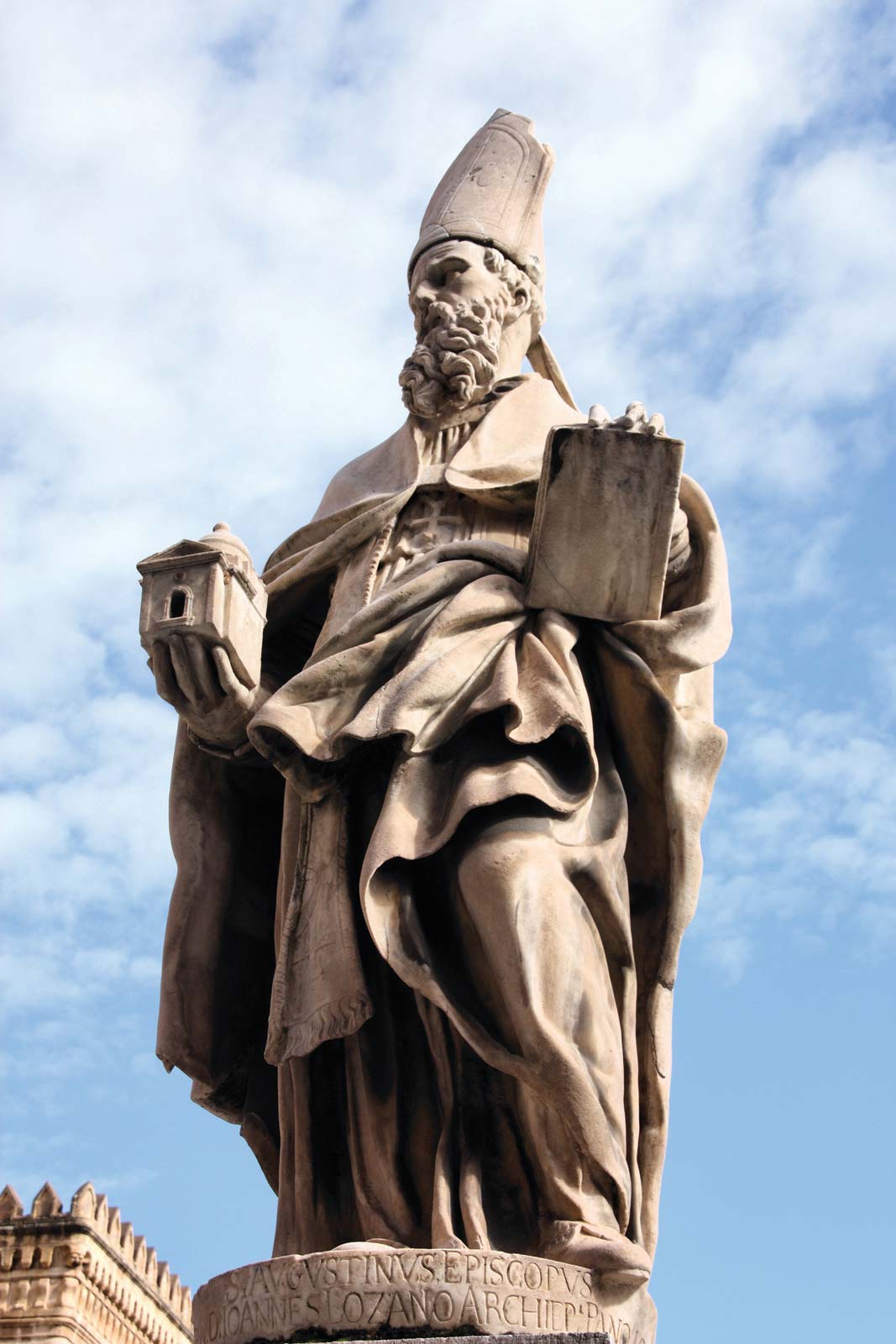May 26 in Christian History.

Few missionaries have ever accomplished as much in as little a time as did Augustine of Canterbury.
Augustine was a Benedictine monk from Rome with a strong passion for evangelism. In the Summer of 596, Pope Gregory the Great appointed him to lead an expedition of 40 monks to evangelize the pagan people of Britain.
The group made it as far as Gaul (modern-day France) before they began to hear fearful reports about the brutality of the Anglo-Saxons in Britain and the treacherous waters of the English Channel. The group began to fall apart, with many of them refusing outright to go on.
In frustration, Augustine returned to Rome to explain the situation to Gregory in person. Gregory sent him back to the waiting missionaries with a word of encouragement. Augustine was able to rally the courage of the timid monks, and in the spring of 597, they set sail for Britain.

They never could have anticipated the welcome that awaited them.
While the Anglo-Saxons were decidedly Pagan, King Aethelberht had recently married the Christian princess of Paris, Bertha. Thanks to her influence, the king was friendly to the Roman missionaries. He gave them a royal welcome and allowed them to stay in his court. He went so far as to allow them to preach openly to the people.

On Christmas day, 597, less than a year after he arrived, Augustine baptised over a thousand Saxons. A few months later, King Aethelberht himself was converted to Christianity. The people were far more responsive than Augustine had dared hope for. The monk had to scramble to organize the unprecedented growth of the English church. He went to France to be ordained and was named the first bishop of Canterbury.
Augustine and his monks quickly erected a monastery and a church near the spot where the famous Canterbury Cathedral would later stand. Under the authority of Augustine, the monks were sent out to various corners of the country to expand the infant church in England.
Augustine continually tried to unite the Anglo-Saxons with the rival Britons who lived to the West. He emphasized the importance of unity within the church. Augustine adopted an approach to evangelism that is often considered progressive for his era. Instead of insisting on Roman Christian customs and culture, he encouraged many of the indigenous traditions. Pagan festivals and temples were converted to Christian ones without being totally done away with.
Augustine died on May 26, 605, a mere eight years after arriving in England. In that time, he and his fellow missionaries had converted a large portion of the country, and had laid the seeds for 1400 years of strong Christianity. St. Augustine of Canterbury is now referred to as the Apostle of the English.

Verse of the Day: 1 Chronicles 16:24
Declare his glory among the nations, his marvelous deeds among all peoples.